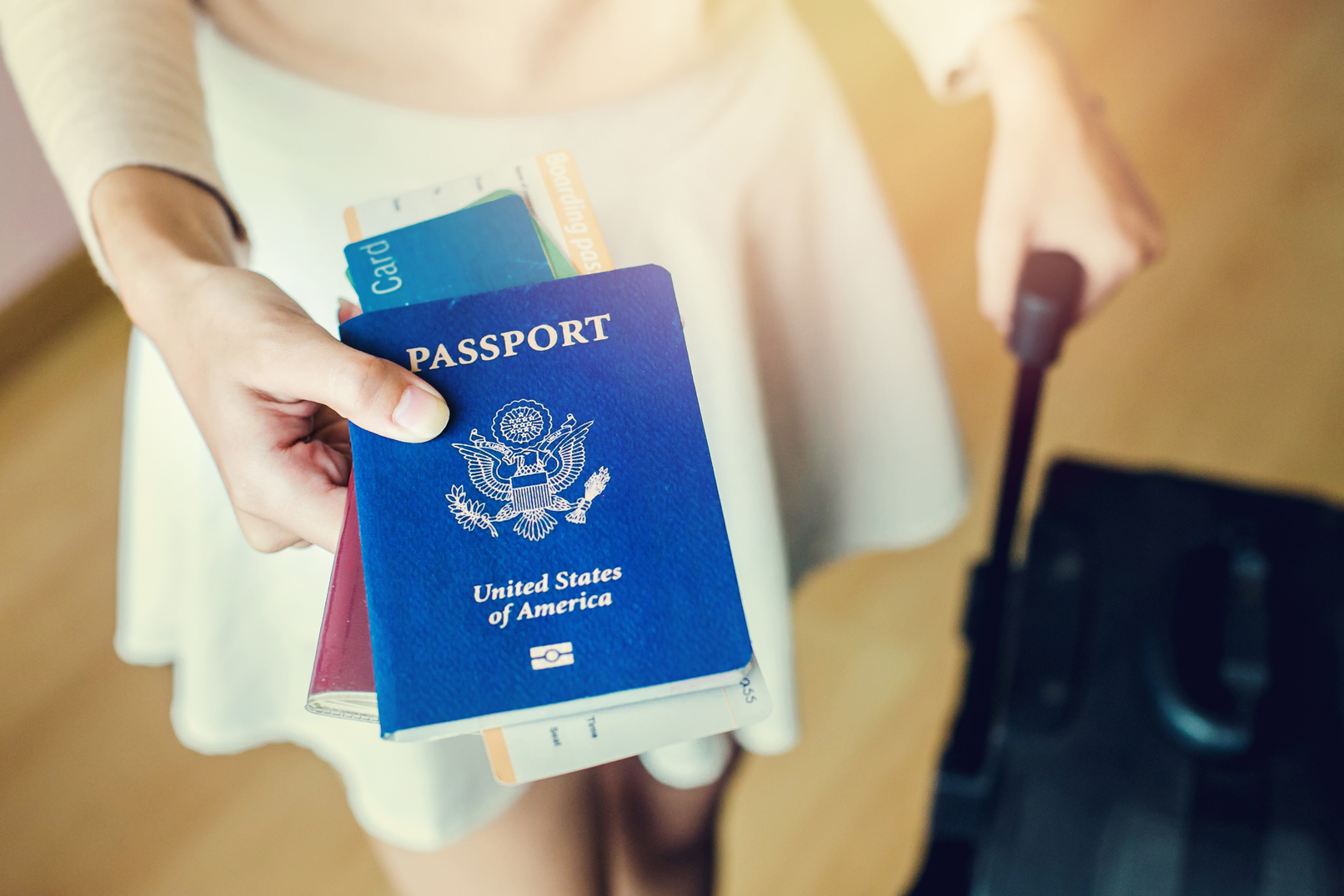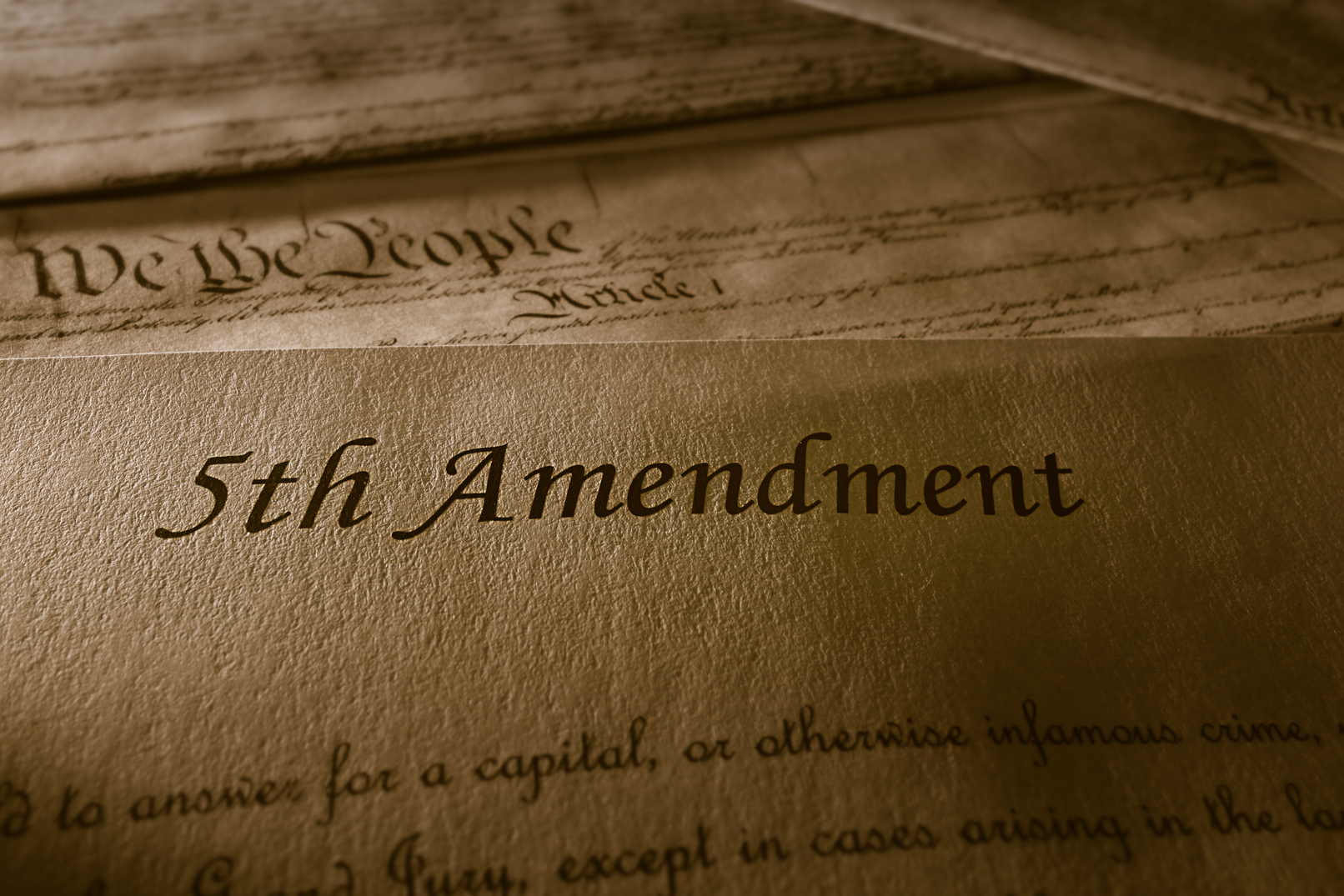In a second defamation suit, Dominion Voting Systems filed a complaint against lawyer Rudy Giuliani on Monday for his statements concerning Dominion’s voting machines during the 2020 election.
Articles Posted in US Courts
The Trump administration had issued an executive order banning TikTok from operating in the U.S., but a court had blocked the enforcement of the order.
The Texas Supreme Court recently announced that it will allow service of process in civil cases through social media or email if the usual methods of serving in-person or through the mail fail.
On Tuesday, May 12, 2020, the United States Court of Appeals for the Ninth Circuit reversed and remanded the United States District Court for the District of Oregon's decision in Soul'd Out Productions, LLC v. Anschutz Entertainment Group, Inc. (Case No. 19-35301). The district court previously dismissed Soul'd Out Productions, LLC's ("Soul'd Out") claims of tortious interference and unlawful competition against Anschutz Entertainment Group, Inc. ("AEG") for lack of standing. The three-judge panel for the Ninth Circuit found that "[n]o plaintiff is better suited to assert the tort claims alleged here, and there is therefore no prudential reason to deny Soul'd Out standing."
Last week, a federal judge in Santa Ana, California ruled that the Second Amendment does not prevent California from enacting reasonable gun safety laws. This case arose when the California Rifle and Pistol Association, part of the National Rifle Association, challenged a state law that prevents California residents from making, owning,…
New Jersey and other states are supporting the effort of a Navy veteran from Colorado to challenge the binary gender designations on passport applications. The case could affect how the federal government refers to non-binary individuals.
A judge in Washington, D.C. ruled that gifts from foreign governments to Trump businesses might violate the Emoluments Clause of the Constitution.
On January 2, Penny Manzi and her husband, Jerry Manzi, filed a lawsuit against Apple in a U.S. District Court in Chicago. The lawsuit alleges that the MagSafe power adapter manufactured by the tech giant caused serious burns by setting fire to Ms. Manzi’s head. Ms. Manzi claims that she was using…
October 24, 2018 -- The 4th District appellate court ruled in G.A.Q.L. v State of Florida that an intoxicated minor involved in a car crash that killed someone cannot be forced to reveal the passcode to his iPhone. The teen, known as G.A.Q.L., was allowed to plead the Fifth Amendment clause, shielding him from self-incrimination. He had been found with a blood alcohol level of 0.086, which is over the legal limit, at the hospital after the car crash had occurred.
Residents of New Hampshire currently can register to vote without presenting proof of living in the location where they are voting. The state legislature recently sought to change this rule, perhaps influenced by President Donald Trump’s unsubstantiated allegations of voter fraud in New Hampshire. However, a judge has issued a preliminary injunction…










